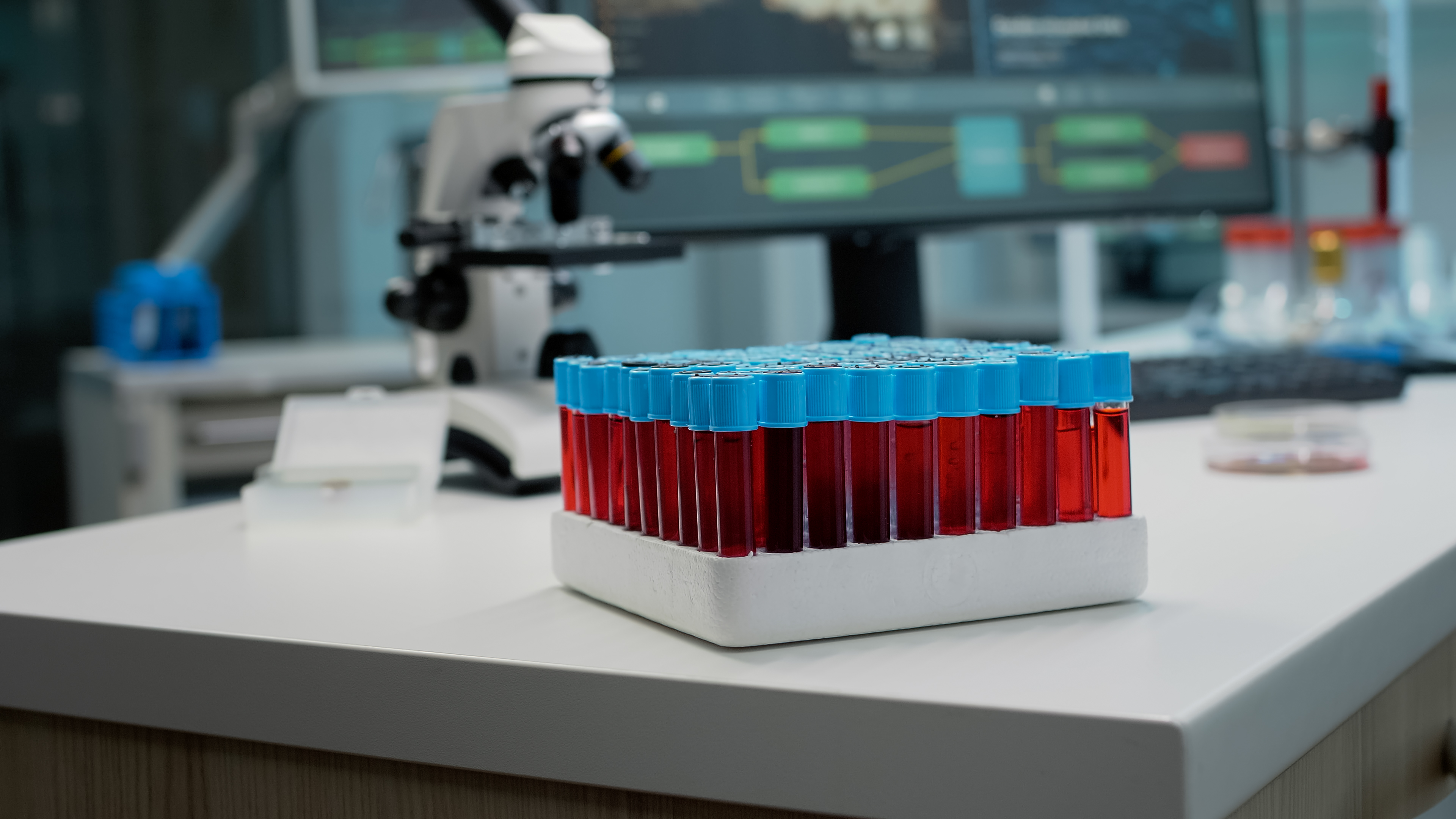Blood Screening
Immunetics safeguards the blood supply
Bacterial contamination of platelets is the greatest infectious risk of blood product transfusion today. According to recent estimates, as many as 1 in 1,000 platelet concentrates may be contaminated with bacteria. Up to several hundred deaths annually, equal to 10% of all post-transfusion fatalities, and an unknown number of infections are believed to be caused by bacterial contamination of platelets in the U.S. The frequency of non-fatal cases of transfusion-associated sepsis is likely to be many times greater. For these reasons, preventing bacterial contamination of platelets has become a top priority for blood banks and hospitals concerned with transfusion safety.

In spite of safeguards and rigorous aseptic procedures, bacteria can enter the blood supply. Even though this occurs infrequently, it represents a risk to patients. Despite the small number of bacteria that might contaminate a donated unit, bacteria may proliferate between the time the unit is collected and transfused. Platelet concentrates pose a significantly greater risk to patients because they must be stored at room temperature, creating a more favorable environment for bacterial growth than found in refrigerated blood components. Within a short time, bacteria can reach a level in stored platelets which poses a serious threat to a transfusion recipient.
The American Association of Blood Banks (AABB) has mandated the testing of all platelet units for bacterial contamination before transfusion since 2005. However, current culture-based techniques are limited by slow turnaround time which delays the availability of platelet units. In addition, slow growing microbes may lead to false negative results. Rapid testing methods based on pH or metabolites lack the sensitivity and specificity needed to detect bacterial contamination and ensure products that are safe for transfusion.
Immunetics has pioneered a rapid test to detect bacterial contamination of platelets. Our unique approach offers the following benefits:
- A method that detects both gram-positive and gram-negative bacterial pathogens
- More accurate screening with a test with high sensitivity and specificity
- Ease of use that allows lab personnel to process more samples concurrently
- Quick turn around time which maximizes platelet shelf life
We are proud to introduce our revolutionary product, BacTx™. This new addition to Immunetics' product line expands our quest to develop products that address problems in public health.
